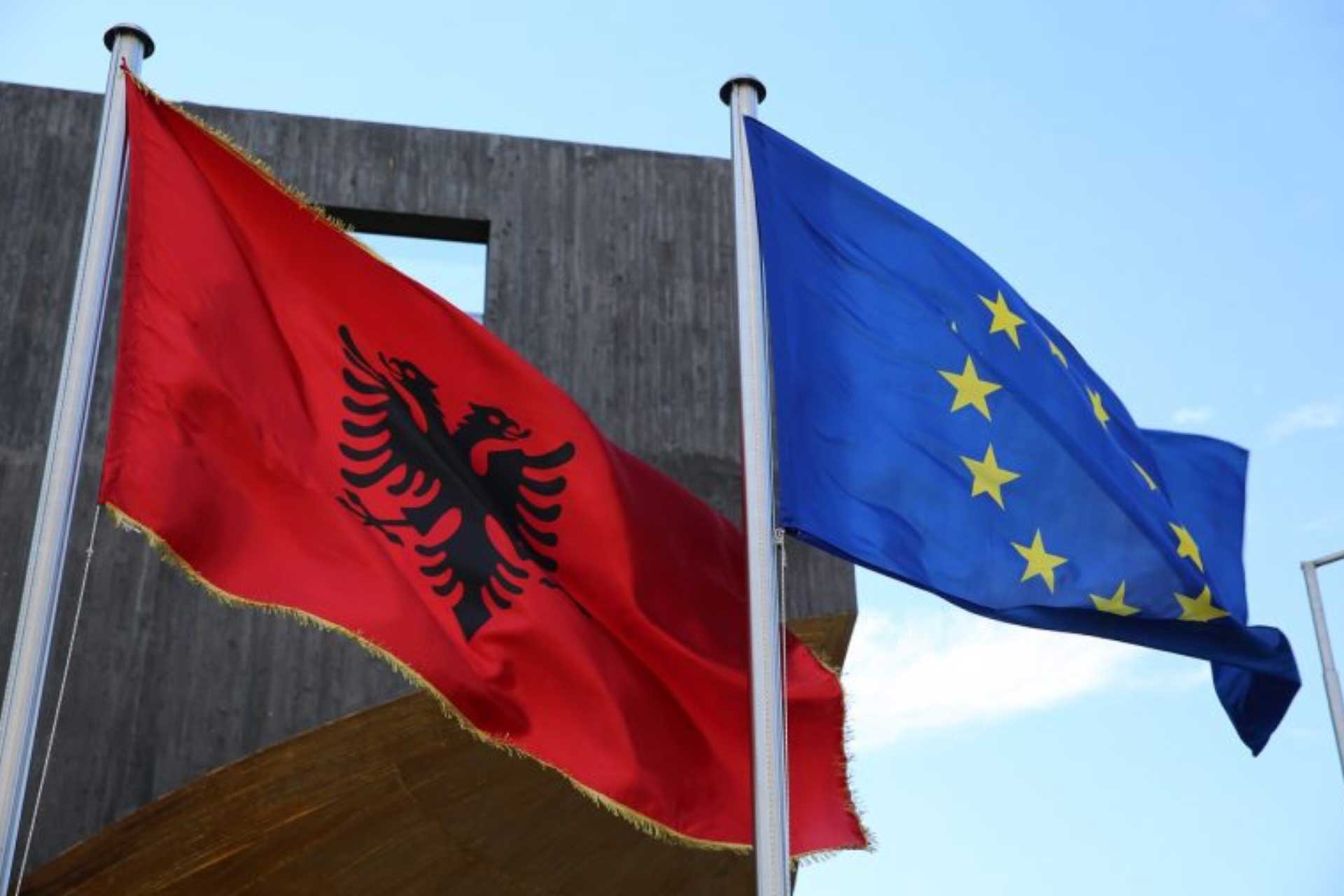India’s G20 Diplomacy: Shaping a Sustainable Future
In recent years, the G20 has grown into a significant international forum dedicated to enhancing collaboration between the north and the south. Comprising 19 nations and the European union, the platform has a tendency to grant southern nations – first Indonesia in 2022, then India this year- the presidency.
The emergence of crises further solidifies the G20’s standing as a global platform that prompts important inquiries regarding the global community. The reoccurrence of health and economic crises has a greater impact on southern nations. Understanding North-South cooperation is crucial today. To assist the south in building its capacities, the north jointly develops knowledge, technologies, and sustainability.
The G20 Summit is taking place in India this year, with a primary emphasis on sustainable development as its central theme. The Indian government has identified sustainable growth as a paramount objective, with the aim of creating a society that is both inclusive and sustainable. India, Indonesia, and Brazil (Troika) must cooperate to advance the SDGs’ agenda and maintain its continuity.
The central theme of this year’s summit is how “EARTH” is a place where humans, animals, plants, and microorganisms are all interdependent. India and the fellow G20 nations have placed a strong emphasis on sustainability and leading responsible lives. As a result, the summit’s primary areas of focus—green growth, the creation of digital public infrastructure, encouraging development led by women, and other crucial issues—will take center stage in the discussions.
As India is expected to be the world’s most populous country in 2023, as projected by the World Population Review. In the 2023 plan, the first SDG is to eradicate poverty, a goal that takes precedence. Social inclusion and population well-being are fundamental pillars underpinning a nations overall inclusiveness, prosperity, and development. Improved basic services and other forms of social protection are included in the fight against poverty. The concept of “Multidimensional Poverty,” introduced by the world bank, goes beyond addressing material deprivation but also considers the lack of access to essential infrastructure services and education.
Despite significant efforts by the Indian government to reduce the poverty rate, as of 2019, 134 million people in the nation still live in extreme. The “No Poverty” goal must be accomplished in conjunction with other objectives like “Zero Hunger” and “Good Health and Well-Being”…
Progress toward achieving the Sustainable Development Goals (SDGs) involves advancements in infrastructure, human resources, programs, and policy. Goal 17, “Partnerships for the Goals,” plays a pivotal role in providing assistance to recipient nations, either through bilateral agreements, engagement with non-governmental organizations, or collaboration with multilateral institutions such as the World Bank and the UN. International conferences and summits like G20 help to foster the cooperation and the partnerships between countries of the south and countries from the north. For India, the G20 presents a significant opportunity to convene international institutions, investors, and member nations to discuss the prospects of the 2030 SDG agenda.
African Union in G20: Another Step to Achieve Inclusivity and Sustainability
The spirit of “Sabka Saath” or “spirit of togetherness” as stated by Modi in the opening remarks of the G20 summit, is highly illustrated by the adhesion of the African Union (AU) as a permanent member in the G20. Regarding this, the Indian prime minister said: “This is the time for all of us to move together… Be it the divide between North and South, the distance between the East and West, management of food and fuel, terrorism, cyber security, health, energy or water security, we must find a solid solution to this for future generations.” Modi has been keen to push his presidency of the summit towards cooperation between emerging and developed nations, and to hold the voice of the global south (AU ‘s integration as an example).
This long-awaited integration should enable the continent to be better represented in international bodies and to influence developments in the global financial system at a time when many countries on the continent, weakened by rising interest rates, are crumbling under an abysmal debt burden.
Nevertheless, Africa will now have its own voice to influence the group’s agenda and promote the economic interests of the south. This will emphasize the issues of economic and social development, climate justice and other related problems faced by the continent. With its new status, Africa revitalizes the sustainable development Goals agenda. Not to mention that the inclusion of the African continent is a positive point for the G20 since the continent is home to 1.4 billion people and its population is expected to double by 2050. Which makes the African union a major player in the future for global discussions.




Comments